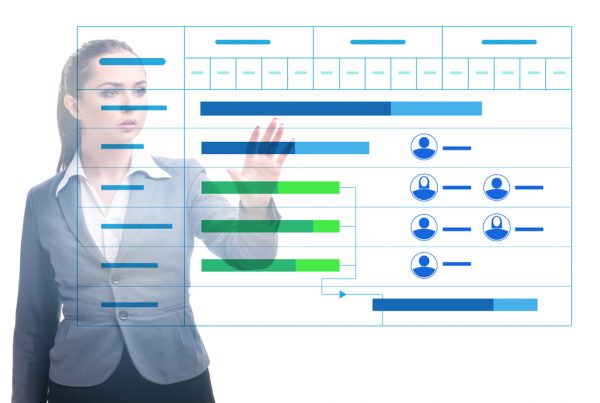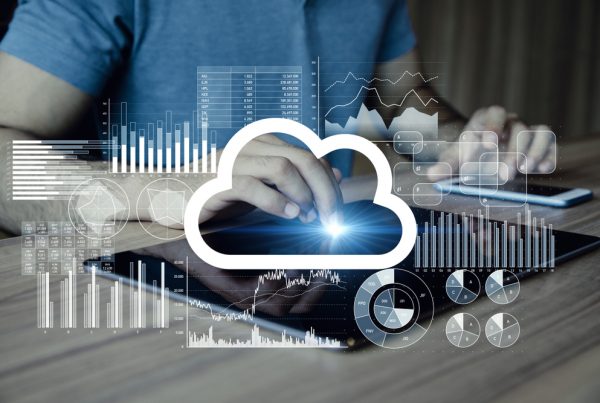Did you know that analytics plays a key role when it comes to B2B sales?
Analytics is nothing more than a combination of data and mathematics to answer business questions, discover relationships, predict results and automate decisions.
To give you a better idea, by comparing it to analysis, if the analysis is focused on understanding everything that happened in the past, the analytics focus, instead, on why it happened and what will happen next.
To achieve success in this scenario, it is necessary, as a first step, that sales teams fully identify and understand the Customer Journey, now no longer linear, so as to unlock the countless benefits that arise from the use of analytics.
A fundamental aspect is to be able to fully understand the target audience, identifying who is more willing to spend in relation to our offer.
When we are in a phase of planning the sales strategy, this is an essential and valuable data, which allows us to understand how to involve potential customers.
But who are the most valuable clients?
It may seem a trivial question, but the answer allows us to detect where to start with the strategy and use the analysis with the aim of interacting with them in the best possible way.
Analytics are suitable for improving accuracy to generate a lead, as they work on enriched data sets to identify the right customer at the best time of the journey.
In fact we must always remember that the expectations of customers are constantly evolving, as well as their needs!
To develop a detailed view of sales prospects, some may use historical information, others instead rely on detailed datasets on each potential customer.
The algorithms that provide to use both visions, combining them with external market data such as news and social, are able to generate an all-round view of the customer.
In this way you can predict what are the main factors for conversion and guide the sales strategy.
Using the right systems and evolved solutions, such as predictive analytics, organizations are able to multiply the ability to identify opportunities, the most promising prospects and identify the best time for conversion.
Sales are traditionally planned based on account segmentation, more on historical data than on current data. As a result, sales models often become less effective, resources do not always manage to be allocated correctly.
Analytics can help you to find the best sellers and assign them the most important accounts.
Another fundamental point is to find the right price.
In the B2B scene many organizations are beginning to implement a system to dynamic prices that integrates market data with strategies of sale, so as to generate optimal offers.
Relying on analytics for B2B sales means creating value from data.
We could therefore say that, strengthening the Sales team, is fundamental to win customers! But in the event that the latter do not arrive easily, there is no need to radically change the offer, rather we should adopt new methods and different technologies that can allow us to express ourselves at best.
Odds and revenue targets will always be focal points for sales teams, but to be successful, they need to focus on the customer.
Being receptive to this type of information and understanding how to analyze it and bring value, will help organizations to remain agile and always be ready to answer the volatile question.
Learn how we have helped our customers to create value for their business and processes through data by reading our case studies.
If you want to know more about the topic, stay tuned to our Insights section or on our Linkedin page.

DATA DRIVEN

How analytics can generate new levels of performance in B2B
Sara Cipriani
12 October 2021
You achieve
digital excellence
Future Ready
© 2025 Axiante. - TUTTI I DIRITTI RISERVATI P.IVA 05032580960




